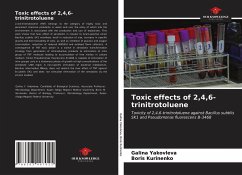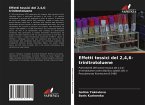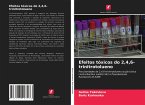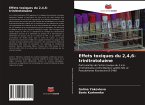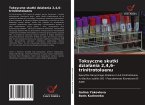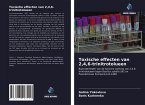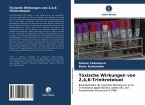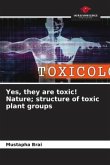2,4,6-trinitrotoluene (TNT) belongs to the category of highly toxic and persistent chemical pollutants in water and soil, the entry of which into the environment is associated with the production and use of explosives. This work shows that toxic effect of xenobiotic in respect to Gram-positive strain Bacillus subtilis SK1 manifests itself in reduction of size, increase in specific gravity and thermostability of cells, as well as inhibition of glucose and oxygen consumption, reduction of reduced NAD(F)H and oxidized flavin cofactors. A consequence of TNT toxic action is a switch in xenobiotic transformation strategy from generation of nitroreductive products to elimination of nitro group of TNT molecule leading to accumulation of free nitrites in culture medium. Strain Pseudomonas fluorescens B-3468 is capable of elimination of nitro groups only in a stationary phase of growth at high concentrations of the xenobiotic (200 mg/l). A non-specific stimulator of bacterial metabolism, Bacillus intermedius RNase, does not abolish the toxic effect of TNT against B.subtilis SK1 and does not stimulate elimination of the xenobiotic by the strains studied.
Bitte wählen Sie Ihr Anliegen aus.
Rechnungen
Retourenschein anfordern
Bestellstatus
Storno

